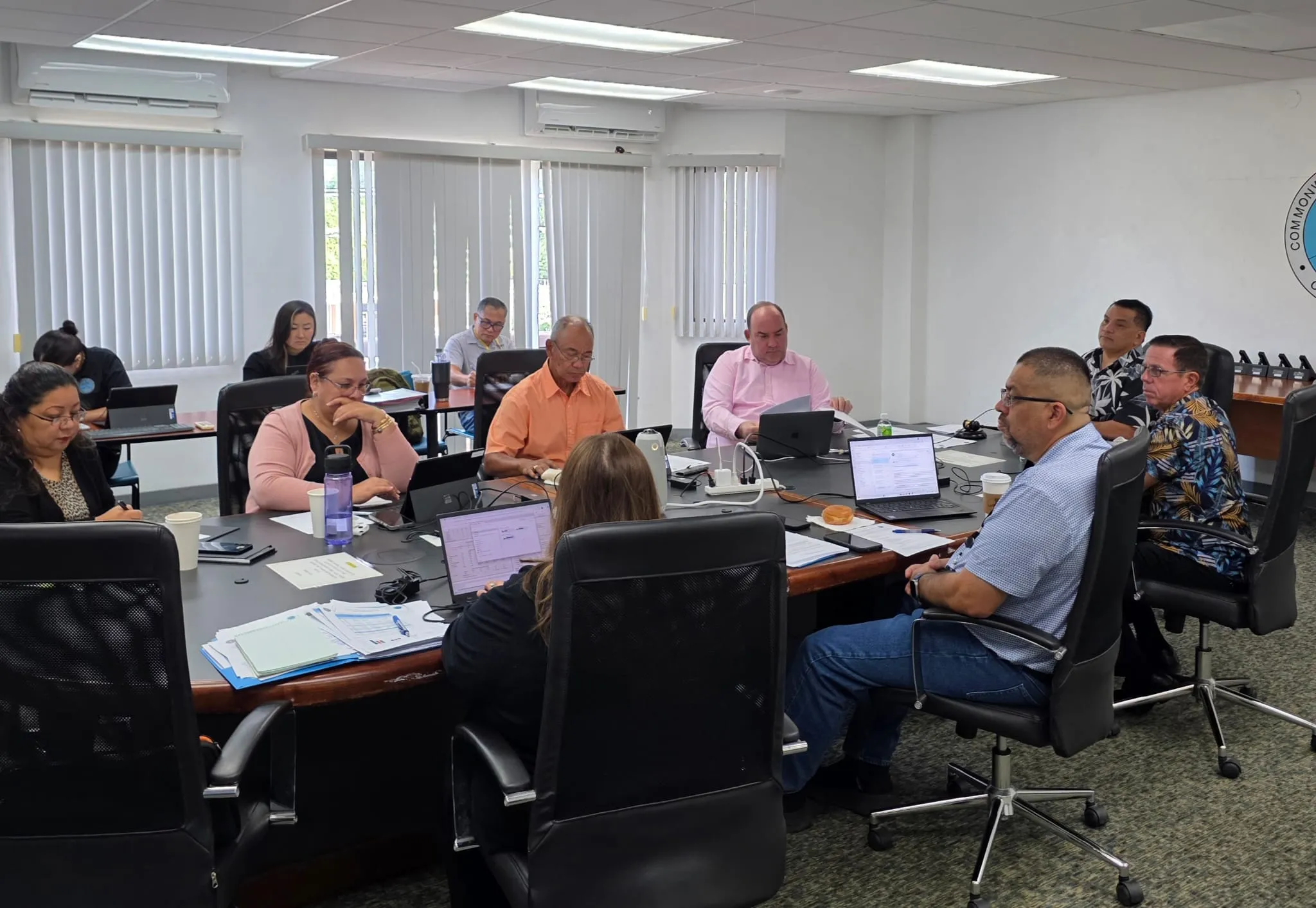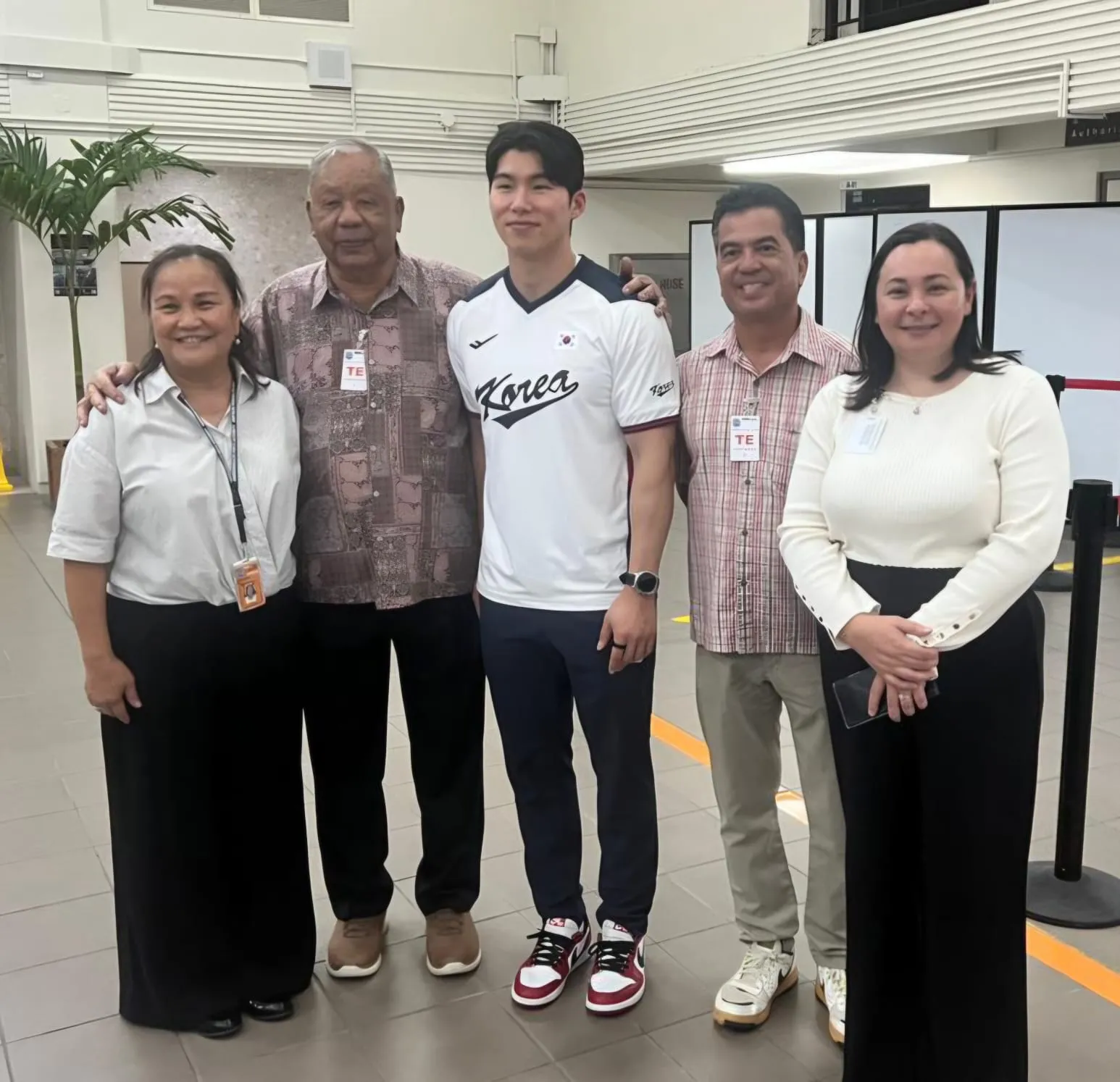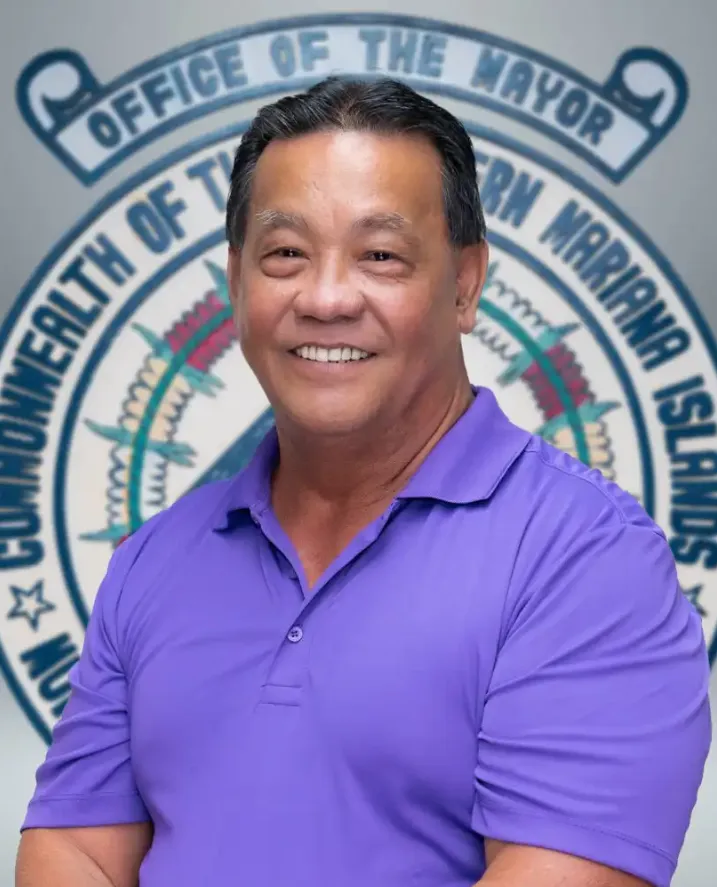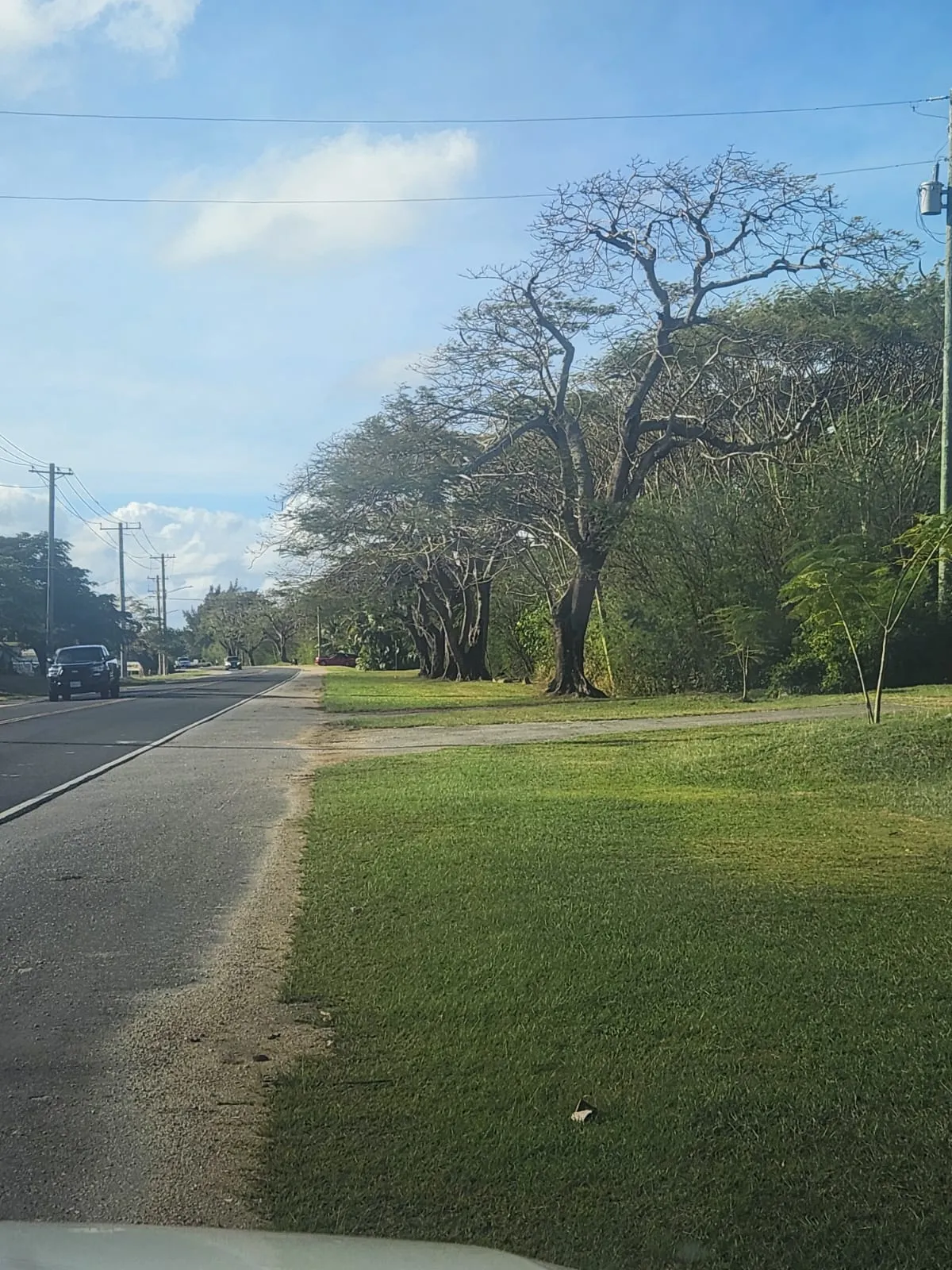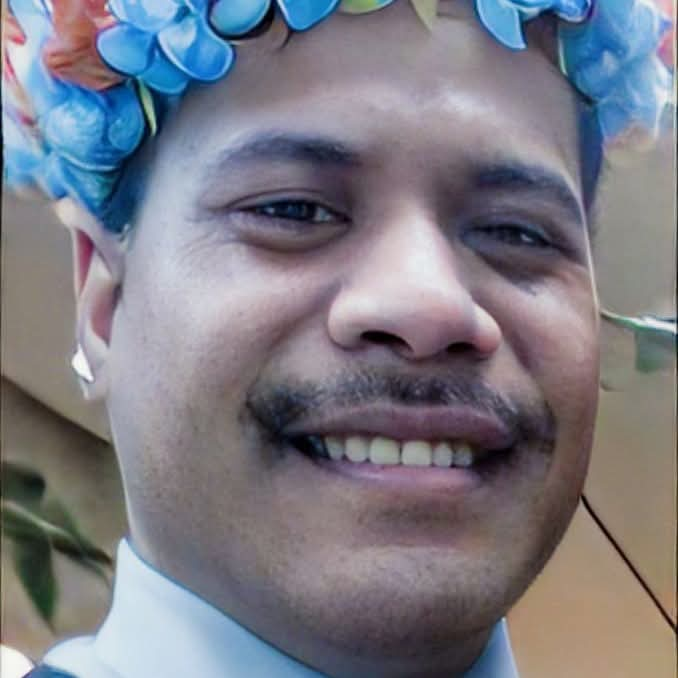
A Refaluwasch cultural advocate is urging Commonwealth leaders and residents to reject seabed mining, warning that the practice threatens the Marianas’ ecological integrity, cultural heritage and sovereignty.
Refaluwasch, which means “people of the island” in the Carolinian language, is a term that reflects deep ancestral ties to the land and sea.
“As a Refaluwasch advocate committed to protecting our islands from exploitation in every form, I strongly oppose seabed mining in the CNMI,” said Gregorie Michael Towai, an independent researcher and community member.
“Our home sits directly above the Mariana Trench—the deepest place on Earth, a place of scientific, cultural, and spiritual significance that no corporation or government has the right to disturb.”
Towai’s statement comes as the Bureau of Ocean Energy Management of the U.S. Department of the Interior has issued a Request for Information and Interest (RFI) that could lead to mineral leasing on the Outer Continental Shelf offshore the CNMI.
Governor David M. Apatang in an earlier release has encouraged the public to participate in the federal comment process, which closes Dec. 12.
“This is a matter of great significance to the Commonwealth,” Gov. Apatang said. “We encourage everyone—citizens, community organizations, traditional leaders, and government agencies—to review the information carefully and provide thoughtful comments. Our collective input will help guide how these discussions move forward and ensure that the interests of the CNMI are protected.”
Towai warned that seabed mining could open the door to irreversible damage and outside control, citing examples from across the Pacific where extractive industries left island communities with pollution, cultural loss, and little economic return.
“The idea that private interests can carve up the seafloor beneath the Marianas—one of the most unique environments on the planet—is not only reckless; it’s a direct threat to our sovereignty and our future. If we allow this industry to take its first bite, we won’t just lose ecosystems we barely understand— we lose the power to say no the next time. We’ve seen this play out across the Pacific: outside interests show up with promises of ‘economic opportunity,’ while island communities are left with the damage, the pollution, and the cultural loss,” Towai said.
“What starts as a ‘small exploratory project’ becomes a green light for other companies, agencies, and governments to launch even more invasive operations. Our ocean is not a testing ground. Our trench is not a sacrifice zone,” he added.
Samoa has already called for a global moratorium on seabed mining.
Advocates say the CNMI’s response could set a precedent for the rest of Oceania. Public comments may be submitted online at www.regulations.gov by searching BOEM-2025-0351, or by mail to the Bureau of Ocean Energy Management’s Pacific Region office in Camarillo, California.
A staff attorney at Earth Justice, Rebecca Loomis, has officially requested the BOEM for a 30-day extension period to allow meaningful participation from industries, ocean users, residents of the Marianas, and public at large.
Governor Apatang said the administration remains committed to transparency, scientific understanding and community involvement in all discussions related to ocean resources.


